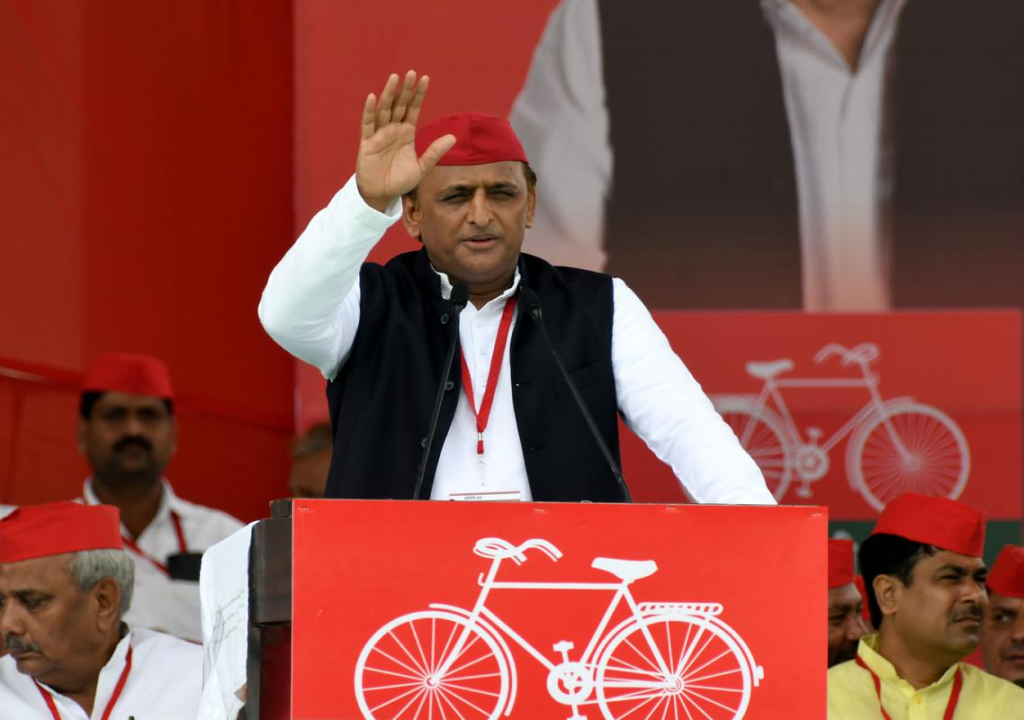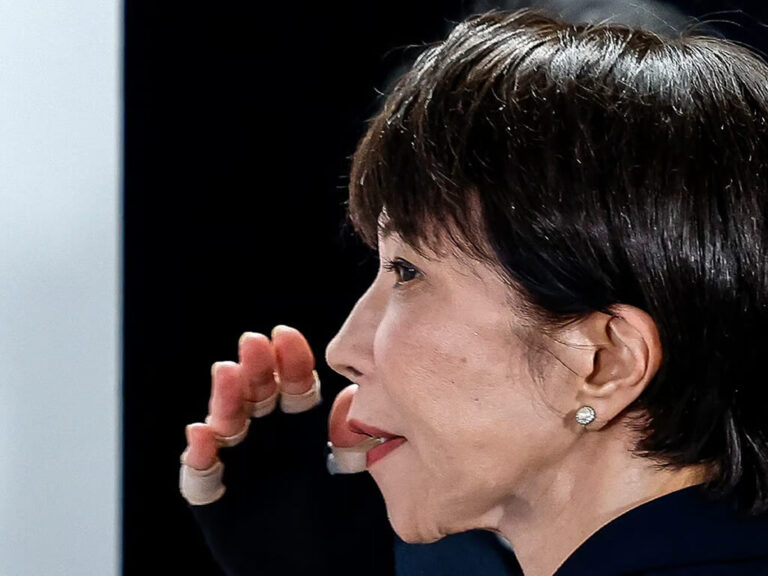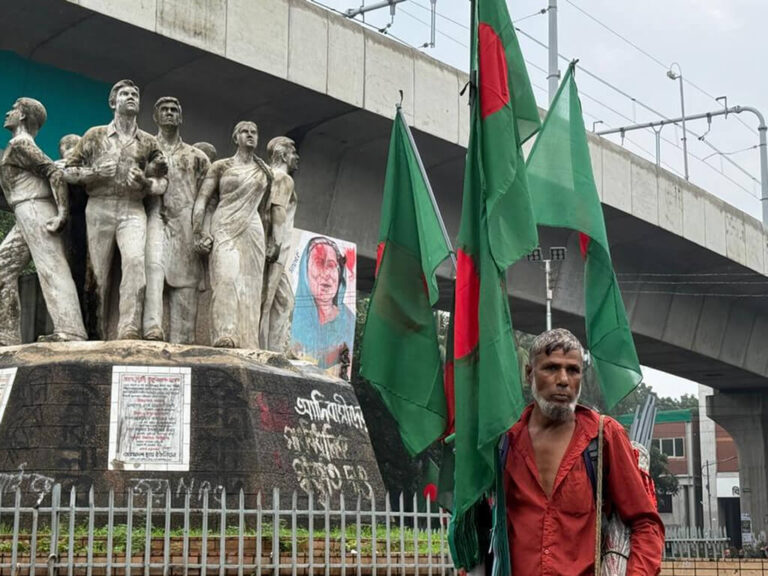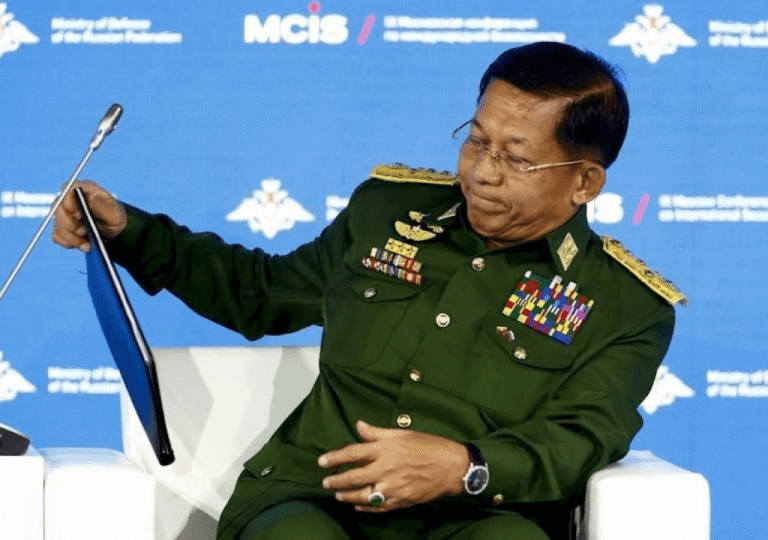The Indian political scene is complex, marked by diverse Vote Banks formed around different castes. These groups wield significant influence in politics. However, Narendra Modi’s rise to power changed this dynamic by rallying broad support across diverse castes. Modi’s team skillfully constructed a formidable Hindu voting bloc, eclipsing the influence of caste-based politics.
As Narendra Modi eyes a potential third term, the political landscape reveals a diminished presence of caste-based political parties. Traditional support bases, encompassing Dalits, other backward castes, and Muslims, which were once foundational for such parties, have gravitated towards Modi’s Bhartiya Janata Party (BJP). Despite this shift, pockets of opposition remain, with certain communities retaining their influence and posing a challenge to Modi’s stronghold. Among these contenders stands the Samajwadi Party (SP), under the leadership of the charismatic Akhilesh Yadav. Through adept mobilization of backward and Muslim voters and strategic alliance with the Indian National Congress, the SP aims to reassert its significance in national politics.
The Samajwadi Party holds considerable influence in Uttar Pradesh, India’s most populous state with the highest number of parliamentary seats. Of the 543 Lok Sabha seats to be contested in the upcoming elections, Uttar Pradesh contributes a significant 80 seats, surpassing all other states; by comparison, Maharashtra, the next largest, has only 48 seats. Consequently, Uttar Pradesh plays a pivotal role in determining the majority mark of 272 seats. As numerous political analysts have pointed out, the electoral outcome in Uttar Pradesh often serves as a decisive factor in shaping the national government. This strategic importance led Narendra Modi to choose Uttar Pradesh as his battleground for the Lok Sabha elections instead of his native Gujarat. By emphasizing his backward caste identity, a significant force in Uttar Pradesh politics, Modi strategically aimed to resonate with voters in this crucial state.
The Samajwadi Party swiftly finalized a seat-sharing arrangement with the Indian National Congress. Out of Uttar Pradesh’s 80 seats, the Samajwadi Party will contest 63, while the Indian National Congress will vie for 17. This early agreement allows for more effective groundwork and reduces the risk of splitting the OBC and Muslim voter bases. Despite the Indian National Congress facing some challenges, the alliance bolsters the Samajwadi Party’s standing in Uttar Pradesh. Together, they aim to launch campaigns asserting their ability to oust Modi and secure a central government.
In the previous Lok Sabha elections, the Samajwadi Party joined with the Bahujan Samajwadi Party, but the alliance dissolved due to disagreements. Internal discord among party workers, who failed to fully implement the alliance’s strategies, resulted in a disappointing outcome, with the Samajwadi Party securing only 5 seats out of 80. Unlike the past alliance, cooperation between Samajwadi Party and INC workers appears smoother this time. However, the presence of other parties like BSP and AIMIM could potentially fragment the voter base, posing a challenge to the SP-INC alliance.
The Samajwadi Party aims to shift the narrative away from calls for Hindu unity and the construction of the Ayodhya temple, focusing instead on anti-incumbency sentiments against both the central and state BJP governments. SP hopes amidst rising unemployment and price hikes, people prioritize basic needs over infrastructure development and temple construction which BJP projects. And Both Akhilesh Yadav, leader of the SP, and Rahul Gandhi, leader of the INC, are advocating for a caste census to reclaim caste-based votes that have shifted towards the BJP.
Although many opinion polls also foresee the BJP winning over 60 seats, Indian voters are renowned for their tendency to change their opinions swiftly. Even if the BJP falls below the 50-seat mark, it would still be considered a victory for the SP-INC alliance. The SP maintains a substantial voter base and a formidable presence in Uttar Pradesh. In the recent 2022 state assembly elections, amidst the BJP’s dominance with 41% of the vote, the SP secured 33%. By teaming up with the INC and leveraging anti-BJP sentiments, the SP aims to increase both its vote share and seat count. Once a party that consistently produced around 20 MPs for Parliament, the Samajwadi Party continues to hold importance in Indian politics as the voice of other backward castes and Muslims.
The Samajwadi Party emerged in 1992 when the Janata Dal fragmented into several regional parties. Founded by Mulayam Singh Yadav and Beni Prasad Verma, the party rose to power by championing secular politics, garnering support from other backward classes and Muslims, thus becoming a significant political entity in Uttar Pradesh. Notably, during the Babri Masjid demolition, the state government intervened by using helicopters to protect the mosque, demonstrating the party’s commitment to secularism. In the 2004 Lok Sabha elections, they secured 36 seats, extending their influence to other states such as Madhya Pradesh and Maharashtra, where they had members in state assemblies, and maintaining a strong presence in Uttarakhand, Bihar, Haryana, and Rajasthan. However, their past successes have been overshadowed by the impact of Modi’s entry into National politics.
It’s evident that under the leadership of Akhilesh Yadav, the Samajwadi Party will fiercely contest to secure more seats. While it’s unlikely they will replicate their success from the 2004 elections by winning a majority in Uttar Pradesh, even securing more than 10 seats amidst challenging circumstances will affirm their relevance in Indian politics. A setback for Modi in Uttar Pradesh could reignite caste-based politics, potentially influencing the outcome of the state election and paving the way for the resurgence of the Samajwadi Party. Hence, the BJP and INC are not only the contenders in this election; it holds significance for parties like the Samajwadi Party as well.








